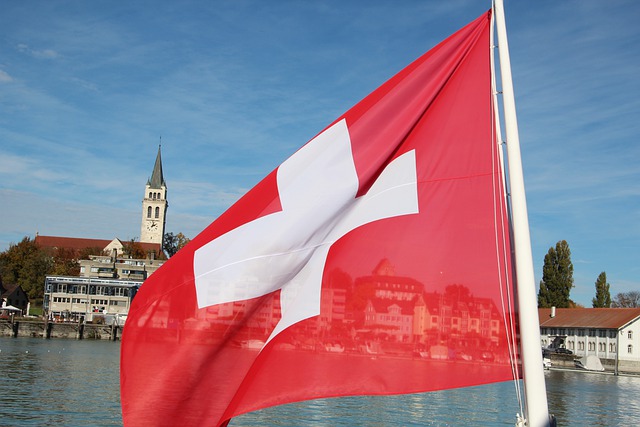The Swiss Made Law
The Federal Council, established in 1848, is the executive body of the federal government of the Swiss Confederation. Made up of seven members, each of which heads a government department; they’re elected for a four-year-term – for an indefinite number of terms, and can neither be voted out nor can they be impeached. The seven members constitute the federal government of Switzerland (the position of President of the Swiss Confederation rotates among the seven Councilors on a yearly basis) and collectively serve as the country’s head of state where decisions are made jointly.
Among the decisions made is the ‘Swiss Made Law’ which is a set of regulations that govern the standards for watches made in Switzerland. It was first established by the Federal Council, on December 23rd, 1971, and has been updated several times since then. Updated in 2017, the current Swiss-made label, highlights that 60% of production costs are generated in Switzerland (previously at 50%), is a guarantee of quality and precision. Watches have to pass scrupulous conditions in order to be classed as ‘Swiss-made’ and, as such, high quality of craftsmanship and outstanding performance is guaranteed. The updated rule, aimed at lower-cost manufacturers who had been producing watches that are, legally-speaking, “Swiss Made” without upholding the implicit manufacturing standards expected to go with it.

Definition of the Swiss watch
A watch is considered ‘Swiss’ if
- Its movement is Swiss
- Its movement is cased in Switzerland
- Its manufacturer carries out the final tests in Switzerland and
- At least 60% of production costs are generated in Switzerland.
Definition of a Swiss movement
A movement is considered ‘Swiss’ if:
- It was assembled in Switzerland
- It was tested by the manufacturer in Switzerland
- At least 60% of production costs are generated in Switzerland, and
- At least 50% by value of all components is Swiss-made, excluding the cost of assembly.
Under the updated Swiss Made law, enforced by the Federation of the Swiss Watch Industry, (a private, non-profit leading trade association, headquartered in Bienne, Switzerland) the movement must qualify as Swiss, as well, the watch must pass as Swiss, also, according to the rules – if so, the dial, or case back, may be stamped as ‘Swiss Made’. These regulations are intended to ensure that watches bearing the ‘Swiss Made’ label are of high quality and meet certain standards of craftsmanship. The Swiss Made label has become a mark of excellence in the watch industry, and is highly valued by consumers around the world.
The Swiss Made law applies to all types of watches, including mechanical watches, quartz watches, and smartwatches.

